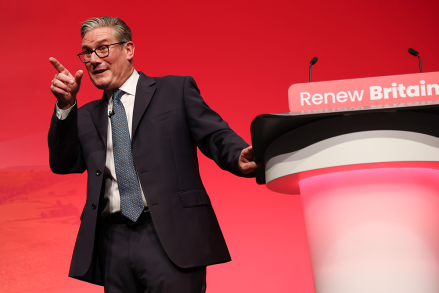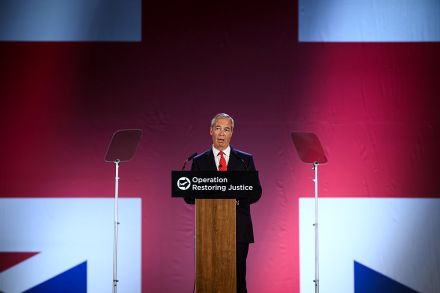The meaning of Lord Offord's defection
Malcolm Offord has today quit Kemi Badenoch’s Conservatives to join Reform UK. The peer was unveiled at a press conference today in Falkirk, as Nigel Farage’s party ramp up their campaigning ahead of the Holyrood elections next year. Offord, a former minister, becomes the second sitting frontbencher to quit the Conservatives in recent months, following Danny Kruger’s departure in September. It means that Reform UK now boast their first peer in the House of Lords. Offord will stand down from the Upper House if he is elected to the Scottish Parliament in May. It is worth remembering that Offord enthusiastically backed Kemi Badenoch for leader Offord cited his Unionism as




















